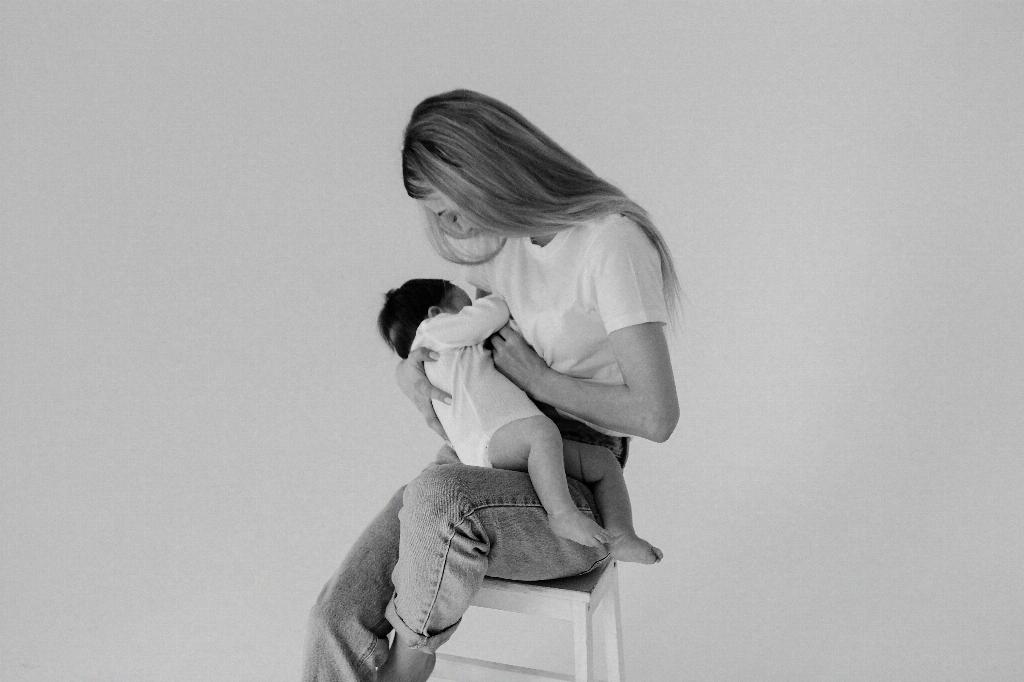Respiratory Syncytial Virus (RSV) is a common respiratory virus that can affect people of all ages, but it can be particularly serious in young children. Among this vulnerable population, newborns are at a heightened risk of severe illness due to their developing immune systems and smaller airways.
Each year, a significant number of children under the age of five are hospitalized in the United States as a result of RSV infection. Among these cases, newborns constitute a particularly vulnerable group, with an increased likelihood of experiencing severe symptoms and complications.
One of the key factors that predisposes newborns to the severe impact of RSV is their premature immune systems. Premature infants are at an even higher risk due to their underdeveloped immune defenses, making them more susceptible to respiratory infections like RSV.
Infants under the age of 12 months are also at a heightened risk of severe RSV illness, specifically those who are six months old or younger. The respiratory systems of these very young infants are still developing, making them more prone to complications from RSV infection.
RSV can affect newborns in various ways, ranging from mild cold-like symptoms to more severe respiratory distress. In some cases, newborns infected with RSV may develop bronchiolitis, an inflammation of the small airways in the lungs that can lead to breathing difficulties.
It is essential for parents and caregivers to be vigilant about protecting newborns from RSV exposure, especially during peak RSV season, which typically occurs in the fall and winter months. Simple measures such as frequent handwashing, avoiding close contact with sick individuals, and keeping newborns away from crowded places can help reduce the risk of RSV transmission.
If a newborn does contract RSV, it is crucial to monitor their symptoms closely and seek medical attention if necessary. Signs of severe RSV infection in newborns may include rapid breathing, difficulty feeding, irritability, and lethargy, among others.
Treatment for RSV in newborns typically focuses on supportive care to alleviate symptoms and ensure adequate oxygen levels. In severe cases, hospitalization may be required to provide more intensive respiratory support.
Prevention is key when it comes to protecting newborns from RSV. In addition to practicing good hygiene habits, parents can also inquire about the RSV vaccine for high-risk infants, which may help reduce the severity of symptoms if infection does occur.
Ultimately, RSV can have a significant impact on newborns, particularly those who are premature or under 6 months of age. By understanding the risks associated with RSV and taking proactive measures to prevent its spread, parents can better protect their newborns from this common respiratory virus.

